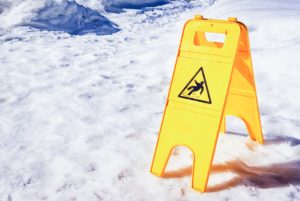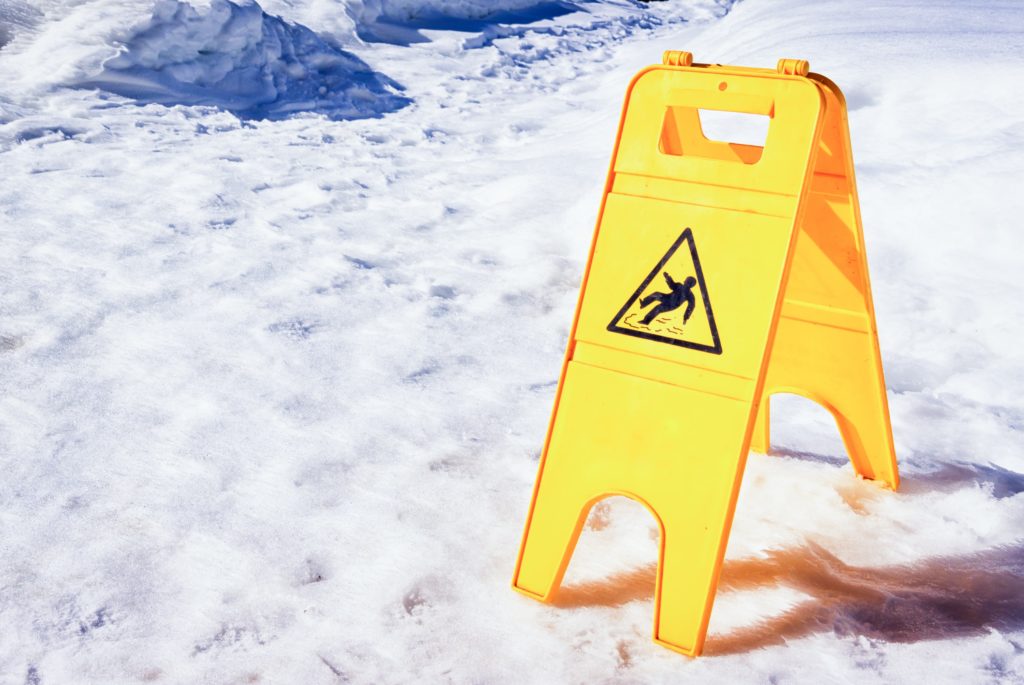 WINTER HEALTH WORRIES? Summit Healthcare can help you stay safe.
WINTER HEALTH WORRIES? Summit Healthcare can help you stay safe.
When you’re surrounded by electric heaters, heated blankets, and all-wheel drive vehicles, it may seem like we’ve conquered hazardous winter conditions.
Not so fast. In just a span of four years, the Centers for Disease Control and Prevention (CDC) estimates that 6,600 U.S. residents died from exposure to natural cold. Not to mention automobile wrecks, falls, and carbon monoxide poisoning — all are on the rise as winter rolls around.
Winter Safety Tips
With the proper preparation, many of these accidents can be avoided. Here are some tips to keep you safe this season.
Dress appropriately. Always make sure you and your children are dressed for the weather—with hats, gloves and scarves. When in doubt, wear more layers than you might need. You can always remove them if you get too warm.
Winterize your home. Install weather stripping and insulation, and check heating units to ensure they don’t need to be replaced. Make sure you have an alternative heat source available in case the power goes out.
Be careful of CO. Carbon monoxide (CO) is a dangerous gas that can be produced by furnaces, propane stoves, and portable generators. The CDC estimates that 15,000 Americans are sent to the emergency room each year by CO poisoning. Many smoke detectors include CO sensors. Make sure your smoke detector includes CO sensors, and be sure it has fresh batteries.
Repair your ride. Getting stranded on the side of the road in the winter can be dangerous. Be sure to service your radiator and maintain your antifreeze level to avoid any major problems. Also check your tire tread in case you’re caught in icy conditions.
Play safe. Snow isn’t always as soft as it looks. When skiing or sledding, be sure your kids—and you—are wearing appropriate gear to protect from the inevitable tumbles.
Need Winter Healthcare?
Even with tips like these, winter is unpredictable. Keep Summit Healthcare top of mind:
Summit Emergency Room. If you happen to find yourself going to the emergency room, ours is open 24/7 and boasts an average “door-to-doc” time of just 28 minutes.
Summit Has an App for That. Next time you need to visit the emergency room for a non-life-threatening condition, try the iTriage app. When you download it from the Apple Store or Google Play store, you’ll be able to:
get feedback about your symptoms
find the closest emergency room or urgent care facilities
research conditions, medications, and procedures
track your health and appointments

